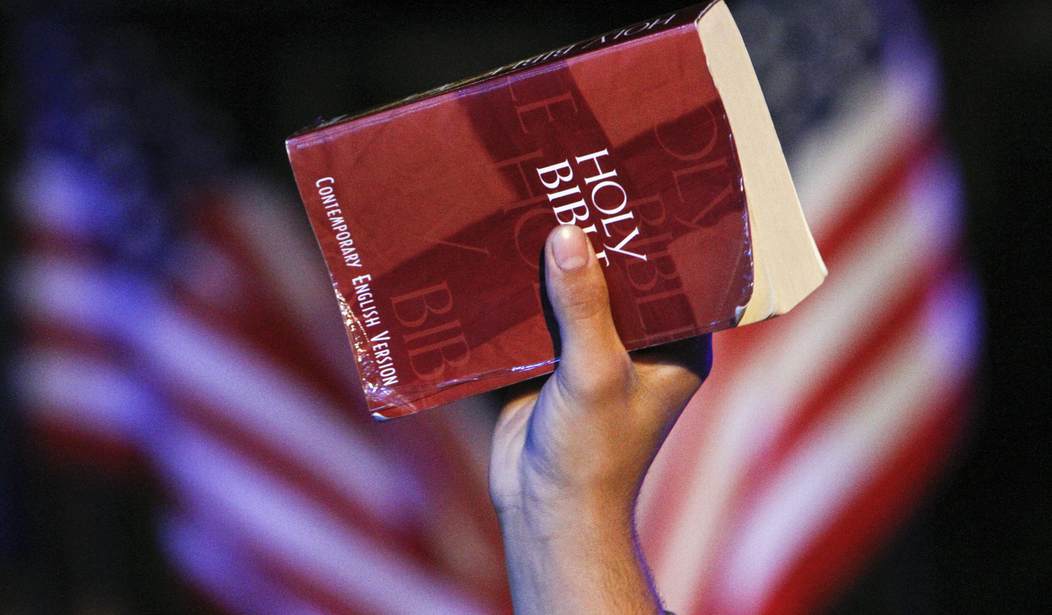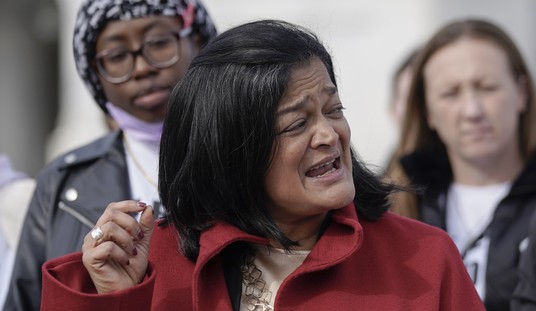In a recent article, David French describes his decision to vote for Kamala Harris to save conservatism. Several commentators have criticized French’s position highlighting the difficulties associated with finding a pristine political party or candidate, predicting the state of the world under one president or another, and using labels like “MAGA Christians” to characterize certain Trump supporters. Despite these critiques, one of French’s assertions has received far less attention: “Trump is changing the church.”
In claiming that Trump is changing the church, French refers to “the viciousness and intolerance of MAGA Christians against their political foes” and suggests, “There are many churches and Christian leaders who are now more culturally Trumpian than culturally Christian.” While it isn’t always clear how many “MAGA Christians” or “Christian nationalists” there actually are, a significant number of Christians have adopted non-biblical ideas about the relationship between the body of Christ and the state.
It seems to me that Trump is not the cause or even the primary factor in “changing the church.” Instead, the support he has enjoyed from a certain segment of conservative evangelicals is the result of a critical mass of real (and perceived) cultural changes in the United States that are making the commitments of a certain group within the church increasingly clear. Trump is not changing the church…he is benefiting from what the church already was. For a certain segment of the church, Trump represents the most plausible vehicle for retaining a culture with which they are most comfortable.
First, it should be acknowledged that “the church” is, from one perspective, a combination of “true believers” and “cultural Christians” or “Christians in name only.” For instance, George Barna notes, “The American Worldview Inventory 2024 indicates that only 10% [compared to assertions that 25% to 40% of American adults are evangelicals] of adults qualify as evangelicals, using survey data consistent with the NAE [National Association of Evangelicals] description of evangelicals.” As such, we can anticipate that many people who attend evangelical churches have commitments based on a combination of beliefs and practices drawn from other religions and ideologies.
Recommended
This combination of ideologies with religious notions is the problem with Christian nationalism, which uses biblical texts and principles selectively in support of a political ideology and political activities intended to gain political advantage. As the United States has become increasingly pluralistic, a generic moral framework grounded in American Civil religion has eroded in ways that make many U.S. citizens (some of whom are Christians) uncomfortable. While some would argue that our social context has gotten “worse,” it seems appropriate to recognize that many of us were simply more comfortable with the way the world used to be broken than with the way the world is broken now. In other words, it has gotten “worse for us.”
We may say the same about “Evangelicals for Harris” whose website claims, “Evangelicals don’t have to change who they are, they just need to reaffirm who they are by voting for someone [i.e., Kamala Harris] who better reflects Christian values.” Activating “Christian values” is a common tactic appealing to a vague moral framework decoupled from the conviction that “Jesus is Lord.” To suggest that Christians “reaffirm who they are by voting” puts Christians in the precarious position of defining themselves by associating with political systems and candidates that require Christians to compromise core theological convictions. By suggesting that evangelicals can reaffirm who they are by voting for Harris, “Evangelicals for Harris” advocate for an Americanized version of Christianity in which voting becomes a marker of one’s genuine faith alongside (or rather than) biblical practices such as lament, worship, and sacrificial service. What we see in X “Evangelicals for Harris,” Christian nationalism, and other combinations of ideology and Christianity is theological compromise.
Second, we need to recognize that what it means to be Christian has become entangled with particular notions of what it means to be a “good citizen” of the United States. The trouble is that the notion of good citizenship isn’t a stable concept because it is, despite the durability of our founding documents, subject to the will of the people. While the United States has almost certainly been inspired by select aspects of God’s word and Christian principles, there is no sense in which the United States has ever been committed to learning to live under Christ’s authority. No moral framework, even one inspired by the biblical text, is sufficient to keep fallen humanity from determining its own course.
To be clear, voting is not the problem here. Christian political participation that emerges from Christian discipleship is one way for Christians to point to and glorify God. The problem involves linking Christianity to one political party or candidate. Such a linkage is problematic because neither political party views Christ as essential. Suggesting, as the “Evangelicals for Harris” or Christian nationalists do, that one side or the other is more closely aligned with Christian values is wrongheaded because for any values to be described as “Christian,” they must recognize the authority of the Triune God rather than some generic “god” endorsed by the state.
As Christians, our commitment cannot be to sustaining a particular notion of “good citizenship” just because it makes us comfortable. Instead, we must commit to being and making disciples for Christ even when doing so causes discomfort. Christian political participation cannot be limited to the presidential election or to elections more generally. Instead, Christian political participation must be rooted in and emerge from our proclamation that “Jesus is Lord.” When electing a candidate or saving an ideology becomes more important than building up the body of Christ, we can be sure that we have become more American than Christian. Christians have a message the lost world needs to hear. It isn’t about the supposed virtues of conservatism or progressivism…it is the gospel. As such, the most important Christian task is not to ensure Trump or Harris gets elected, but to present a unified witness to the Triune God by being at peace in a chaotic world.
Dr. James Spencer currently serves as President of Useful to God and President of D. L. Moody Center. His newest book titled “Serpents and Doves: Christians, Politics, and the Art of Bearing Witness” is available on amazon.com. He previously published “Christian Resistance: Learning to Defy the World and Follow Jesus,” “Useful to God: Eight Lessons from the Life of D. L. Moody,” “Thinking Christian: Essays on Testimony, Accountability, and the Christian Mind,” as well as co-authoring “Trajectories: A Gospel-Centered Introduction to Old Testament Theology.”

























Join the conversation as a VIP Member